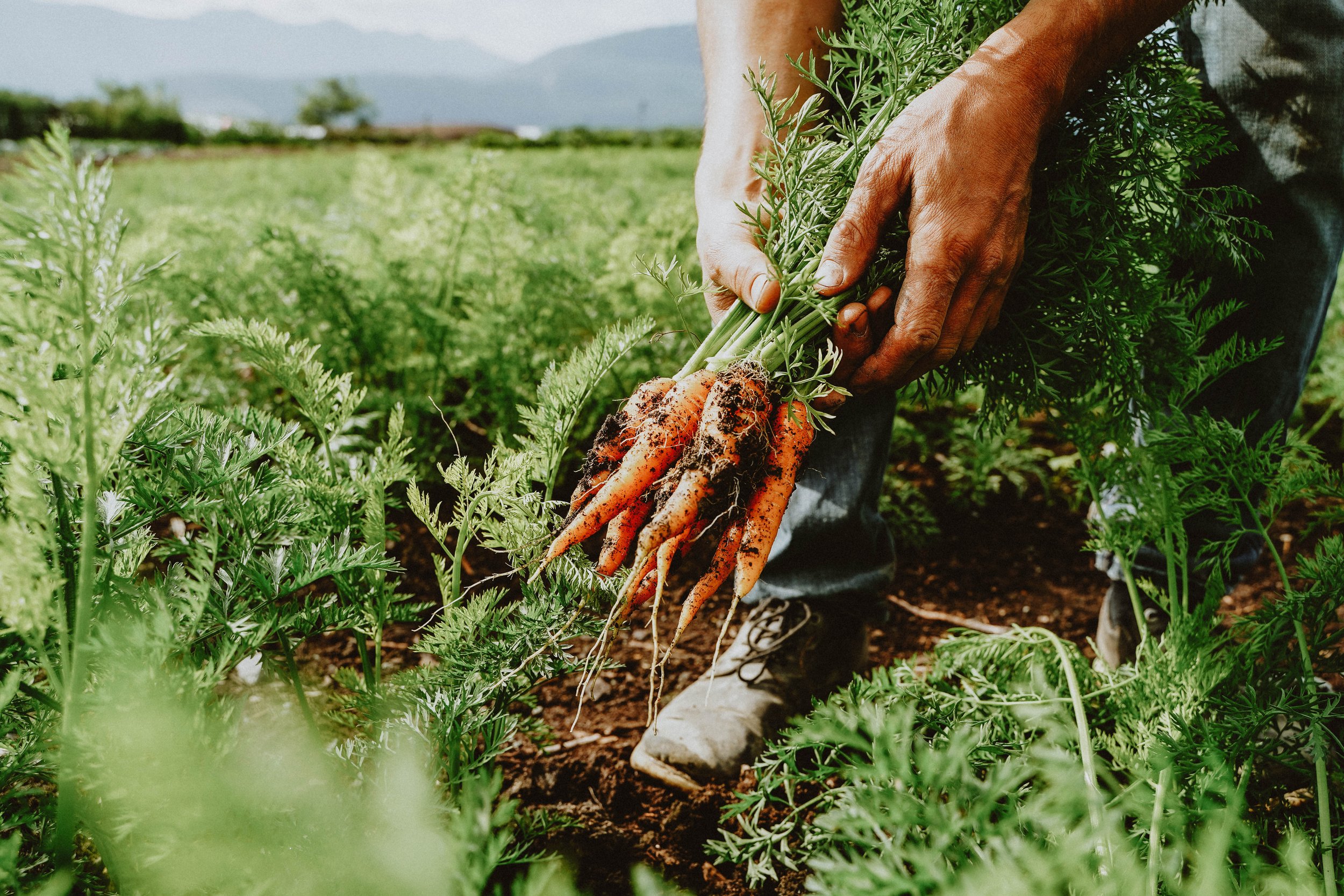Week 48 | 2023
Modern agriculture has tried to convince us that chemical sprays and artificial fertilizers are indispensable to agriculture. Some imagine that farming without the use of these ‘technological tools’ is like building a home without a hammer.
Mainstream agriculturalists see the organic farmer as a luddite struggling to control pests and weeds while eking out a meager harvest. And when it is hesitantly acknowledged that organic farming is better for the environment and human health, the experts quickly conclude that we’d be unable to feed the ballooning world population using natural farming methods.
But we must bear in mind, however, that no single farm and no single community is responsible for feeding the world. If we wish to change the planet, our obligations lie closer to home. Changing the world begins at here with us and it begins now.
On this farm it’s our awesome responsibility to maximize the productivity of the land entrusted to our care while diligently supporting the health of our community and the natural environment. The saying, “we don’t inherit land from our ancestors, we borrow it from future generations,” comes to mind. How do we use the land responsibly today while preserving and improving it for tomorrow?
For eleven growing seasons we’ve used nature as our guide. Our main source of fertility is what we gain through cover cropping and composted woodchips from local arborists. We mulch heavily and mix our food producing crops with deep-rooting flowers, shrubs, and trees to prevent erosion and to attract beneficial insects, reptiles, and birds. We don’t till and always minimize soil compaction. We never use artificial fertilizers, sprays, and chemicals—not even the so-called safe organic sprays.
The results speak for themselves. Since we started farming our yields are up significantly, pest populations are kept in balance, and the water holding capacity of the soil has greatly improved.
At Local Harvest, one farmer is responsible for the care of four acres that can yield approximately 50,000lbs of staple vegetables per acre. High yielding, calorie rich crops that come to mind are onions, potatoes, cabbage, tomatoes, celeriac, and squash.
If you consider that Chilliwack has 40,000 acres of land in the agricultural land reserve, not including backyards, parks, and golf courses, we have in this community the capacity to produce two billion pounds of vegetables with the support of ten thousand farmers—approximately 10% of our population.
Even if it’s asserted that we can’t feed the world population using natural farming methods, these simple calculations reveal that using the entire landmass of the Fraser Valley, we could easily provide every person in Canada with nutrient rich, organic vegetables, fruits and nuts year-round.
So why is most of the food in our supermarkets from other countries?
Good question.
Farm Grown Carrots
One thing we’ve become popular for is our carrots. They’re crunchy, fresh and taste like something that you might have picked from grandma’s garden when you were a kid.
The key to a great tasting carrot is growing them in rich organic soil. We grow our carrots on land that hasn’t been tilled in over ten years. It’s now black with organic matter, crumbly, and teeming with life.
We prepare carrot land months in advance of seeding carrots by providing the previous crop in the area with an extra boost of nitrogen rich compost. I don’t like to add compost to carrot land just before seeding.
For example: in the area where we plan to grow carrots, we’ll apply a small layer of good compost from our farm in February. In early March we’ll seed a crop of spinach. After harvesting the spinach in May, we’ll remove the spinach and seed carrots directly into the soil without any soil disturbance.
We keep the carrot soil moist throughout the entire germination period. We grow fast maturing varieties like ‘bolero’, ‘new hall’ and ‘gold nugget’ and harvest the carrots at peak maturity without letting them grow too large.
We also leave the carrots in the ground until they’re ready to be sold. Carrots in storage quickly loose their flavour and in the earth is the best place to store them through the cold months of winter.


